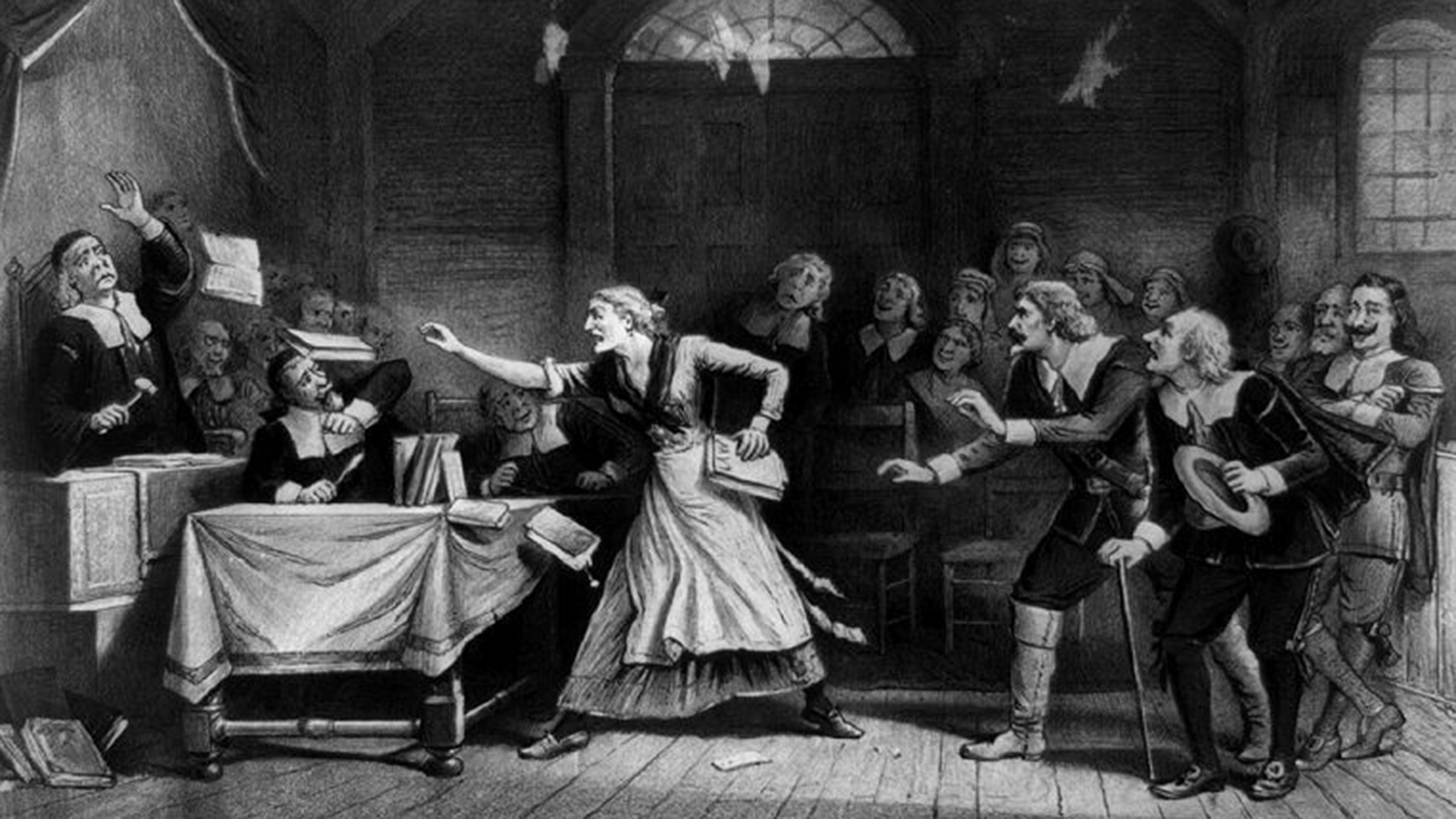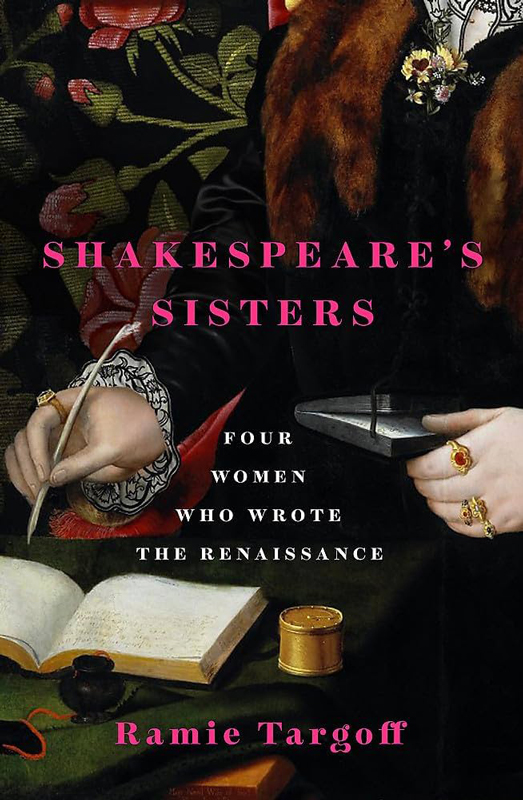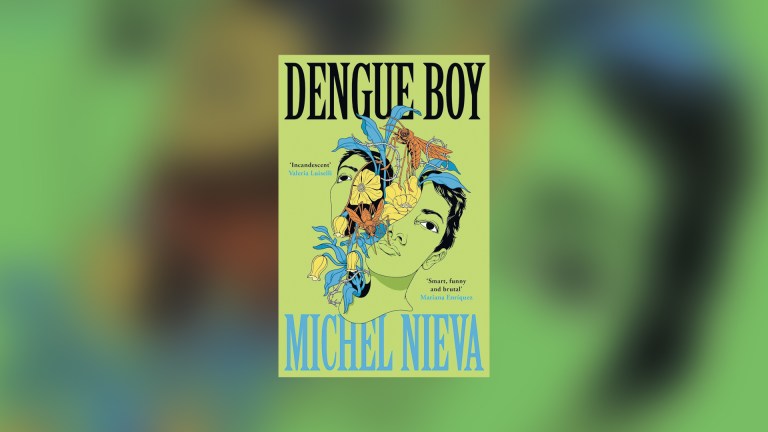Witchcraft has always been a source of inspiration for writers. Shakespeare’s Sisters author Ramie Targoff picks her favourites.
The Witches: Salem, 1692 by Stacy Schiff
No place in the world is more deeply associated with witches than Salem, Massachusetts, where, in 1692, accusations of witchcraft spread like the plague. This book explains what happened, and why, in a gripping historical narrative.
The Night Battles by Carlo Ginzburg, translated by John and Anne C Tedeschi
One of the best examples of “micro-history,” this non-fiction book reads like a detective story into the persecution of a group of women in the north of Italy who thought they were “good witches” until the Inquisitors persuaded them otherwise.
The Witch of Edmonton by William Rowley, Thomas Dekker and John Ford
The poor cousin to Shakespeare’s Macbeth, this play written in 1621 brings one of the most compelling witches to the stage. Based on the real trial of an elderly, poor woman who turned to witchcraft as her last resort.
The Mercies by Kiran Millwood Hargrave
This amazing novel about a coastal community in Norway devastated by a storm that killed nearly the entire male population shows what can happen when women begin to mistrust one another. It’s a love story, too. Based on real events.
- The witch is a post-#MeToo icon of defiance, solidarity and creativity
- Aleister Crowley and the secret history of UK witches in World War II
The Crucible by Arthur Miller
Written in 1953 at the time of the Red Scare, this harrowing play takes us back to the hysteria of Salem, MA and the seemingly unstoppable mania of the witch-hunt. It feels as urgent today as ever.











